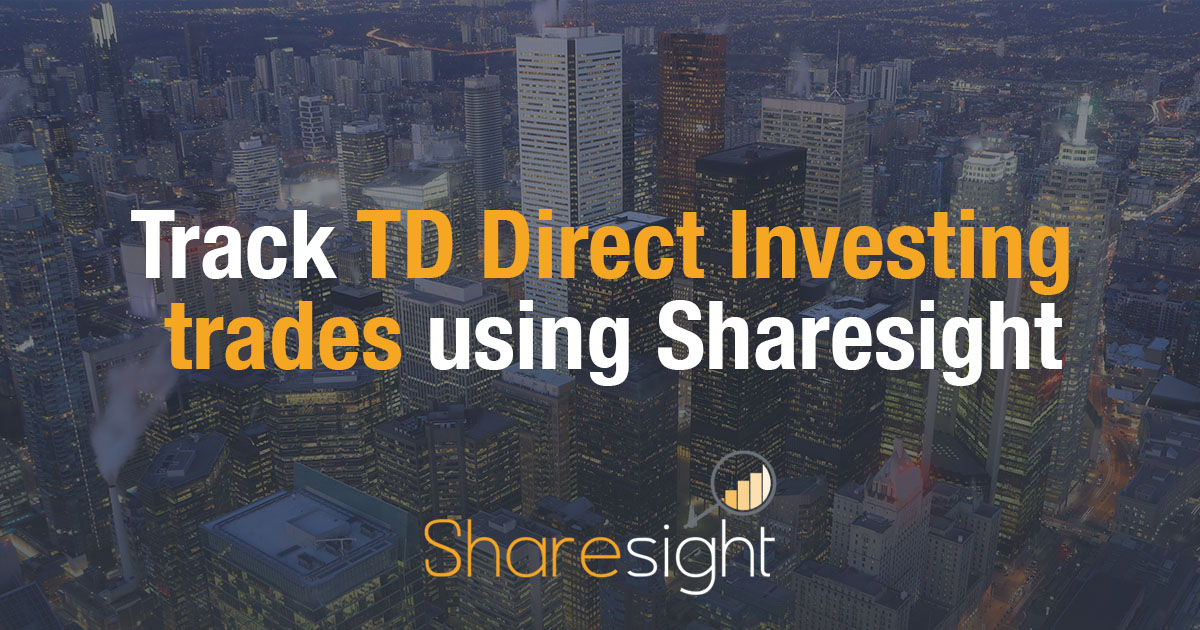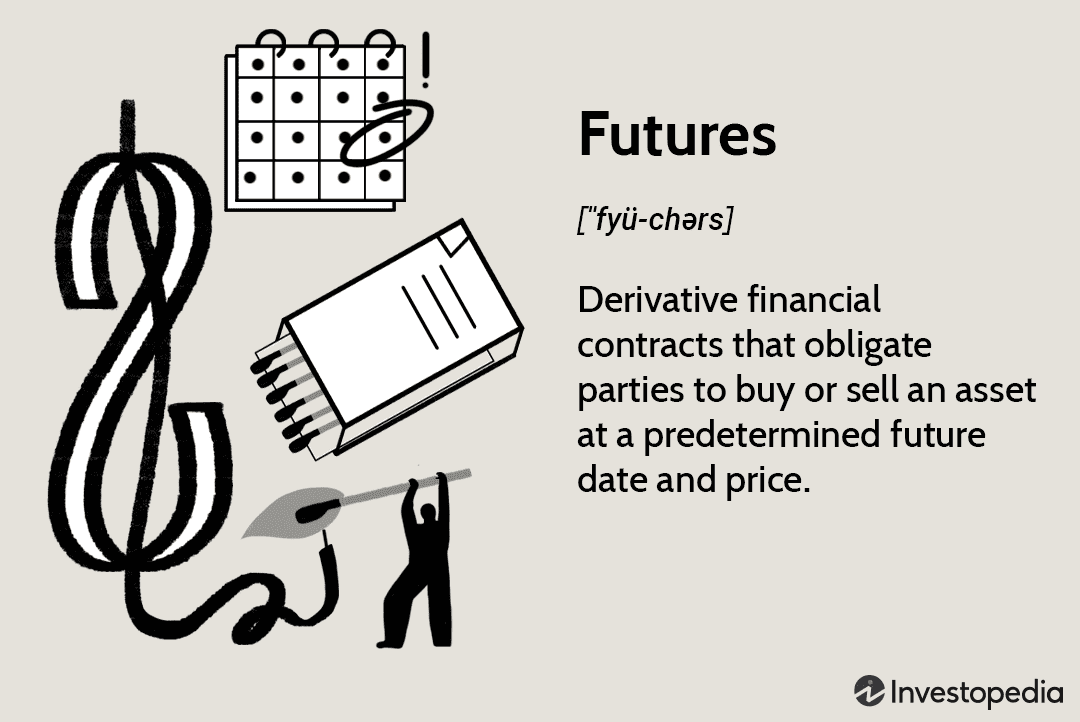
The asset's market value is usually the one that determines its value. The market data of different independent sources helps to determine the value. The fair value can fluctuate more than the market value depending upon the risk factors. However, the fair value estimate will determine the amount that an asset will cost. This information is useful for an investor in making a financial decision.
Financial instruments are assessed using models that use market data to determine their fair value. These models include counterparty and liquidity risk. The models can be validated by an independent audit. They may also incorporate the factors of the market players. These factors include the market risk, future goals and the interest of the participants. Models may also include information about the instrument. They can be used for equity instruments, debt instruments, and derivatives. The models can also help to measure financial instruments according to cost, correlation, volatility parameters.

Financial instruments must be valued at fair value. The models must account for all market participants. The models account for the current bid-and-ask prices as well the market consensus. These factors can be used by investors to determine the stock's fair market value. You can also use the price/fair price ratio to determine the stock’s relative price to its fair price. If the ratio falls below 1, the stock can be considered undervalued. Conversely, if it rises above 1, the stock can be considered overvalued.
The transactional level is used to measure the value of equity instruments, while the market level is used for the valuation of derivatives and debt instruments. The current asking prices are applied to assets to buy, and the current price to purchase liabilities. A stock's price is measured at market fair value if the price at which it is bought or sold is publicly available.
Fair-value numbers are also published by many financial websites before the market opens. This information is useful for investors, as it can help them determine the value of an investment before it is traded. Many investors may discover that the fair value of stock fluctuates more frequently then the market value. These fluctuations can affect an investor's decision to invest, and could lead to a loss or a profit.

The fair market value of financial instruments is dependent on the interests of each party. The fair value of an asset is determined based on the interest that a hypothetical investor would have received by purchasing the asset, as well as the rate of return on investment. This value is used for calculating the price you will pay to purchase the stock. Fair value is most often used to determine the worth of an asset, but it can also be used to evaluate a business' growth potential.
FAQ
What are the advantages to owning stocks?
Stocks are less volatile than bonds. When a company goes bankrupt, the value of its shares will fall dramatically.
However, share prices will rise if a company is growing.
In order to raise capital, companies usually issue new shares. This allows investors the opportunity to purchase more shares.
To borrow money, companies can use debt finance. This allows them to get cheap credit that will allow them to grow faster.
Good products are more popular than bad ones. Stock prices rise with increased demand.
The stock price should increase as long the company produces the products people want.
What is the difference?
Brokers are specialists in the sale and purchase of stocks and other securities for individuals and companies. They take care all of the paperwork.
Financial advisors can help you make informed decisions about your personal finances. They help clients plan for retirement and prepare for emergency situations to reach their financial goals.
Financial advisors may be employed by banks, insurance companies, or other institutions. You can also find them working independently as professionals who charge a fee.
If you want to start a career in the financial services industry, you should consider taking classes in finance, accounting, and marketing. You'll also need to know about the different types of investments available.
Why is a stock called security.
Security is an investment instrument whose value depends on another company. It could be issued by a corporation, government, or other entity (e.g. prefer stocks). If the asset's value falls, the issuer will pay shareholders dividends, repay creditors' debts, or return capital.
What is a bond?
A bond agreement is an agreement between two or more parties in which money is exchanged for goods and/or services. It is also known simply as a contract.
A bond is typically written on paper and signed between the parties. This document includes details like the date, amount due, interest rate, and so on.
When there are risks involved, like a company going bankrupt or a person breaking a promise, the bond is used.
Bonds are often combined with other types, such as mortgages. This means that the borrower must pay back the loan plus any interest payments.
Bonds can also raise money to finance large projects like the building of bridges and roads or hospitals.
A bond becomes due when it matures. The bond owner is entitled to the principal plus any interest.
If a bond isn't paid back, the lender will lose its money.
Statistics
- Our focus on Main Street investors reflects the fact that American households own $38 trillion worth of equities, more than 59 percent of the U.S. equity market either directly or indirectly through mutual funds, retirement accounts, and other investments. (sec.gov)
- "If all of your money's in one stock, you could potentially lose 50% of it overnight," Moore says. (nerdwallet.com)
- Individuals with very limited financial experience are either terrified by horror stories of average investors losing 50% of their portfolio value or are beguiled by "hot tips" that bear the promise of huge rewards but seldom pay off. (investopedia.com)
- Ratchet down that 10% if you don't yet have a healthy emergency fund and 10% to 15% of your income funneled into a retirement savings account. (nerdwallet.com)
External Links
How To
How to open an account for trading
It is important to open a brokerage accounts. There are many brokers out there, and they all offer different services. Some have fees, others do not. The most popular brokerages include Etrade, TD Ameritrade, Fidelity, Schwab, Scottrade, Interactive Brokers, etc.
After opening your account, decide the type you want. One of these options should be chosen:
-
Individual Retirement Accounts (IRAs).
-
Roth Individual Retirement Accounts
-
401(k)s
-
403(b)s
-
SIMPLE IRAs
-
SEP IRAs
-
SIMPLE 401 (k)s
Each option has different benefits. IRA accounts have tax benefits but require more paperwork. Roth IRAs allow investors to deduct contributions from their taxable income but cannot be used as a source of funds for withdrawals. SIMPLE IRAs and SEP IRAs can both be funded using employer matching money. SIMPLE IRAs have a simple setup and are easy to maintain. They enable employees to contribute before taxes and allow employers to match their contributions.
The final step is to decide how much money you wish to invest. This is called your initial deposit. A majority of brokers will offer you a range depending on the return you desire. You might receive $5,000-$10,000 depending upon your return rate. This range includes a conservative approach and a risky one.
Once you have decided on the type account you want, it is time to decide how much you want to invest. There are minimum investment amounts for each broker. The minimum amounts you must invest vary among brokers. Make sure to check with each broker.
Once you have decided on the type of account you would like and how much money you wish to invest, it is time to choose a broker. Before you choose a broker, consider the following:
-
Fees-Ensure that fees are transparent and reasonable. Brokers often try to conceal fees by offering rebates and free trades. However, some brokers charge more for your first trade. Be wary of any broker who tries to trick you into paying extra fees.
-
Customer service: Look out for customer service representatives with knowledge about the product and who can answer questions quickly.
-
Security - Choose a broker that provides security features such as multi-signature technology and two-factor authentication.
-
Mobile apps - Make sure you check if your broker has mobile apps that allow you to access your portfolio from anywhere with your smartphone.
-
Social media presence - Check to see if they have a active social media account. If they don't, then it might be time to move on.
-
Technology - Does the broker use cutting-edge technology? Is it easy to use the trading platform? Are there any issues when using the platform?
After choosing a broker you will need to sign up for an Account. Some brokers offer free trials. Other brokers charge a small fee for you to get started. After signing up, you will need to confirm email address, phone number and password. Next, you'll need to confirm your email address, phone number, and password. You will then need to prove your identity.
After you have been verified, you will start receiving emails from your brokerage firm. You should carefully read the emails as they contain important information regarding your account. The emails will tell you which assets you are allowed to buy or sell, the types and associated fees. Be sure to keep track any special promotions that your broker sends. These promotions could include contests, free trades, and referral bonuses.
The next step is to create an online bank account. Opening an online account is usually done through a third-party website like TradeStation or Interactive Brokers. These websites are excellent resources for beginners. When you open an account, you will usually need to provide your full address, telephone number, email address, as well as other information. After this information has been submitted, you will be given an activation number. You can use this code to log on to your account, and complete the process.
Once you have opened a new account, you are ready to start investing.